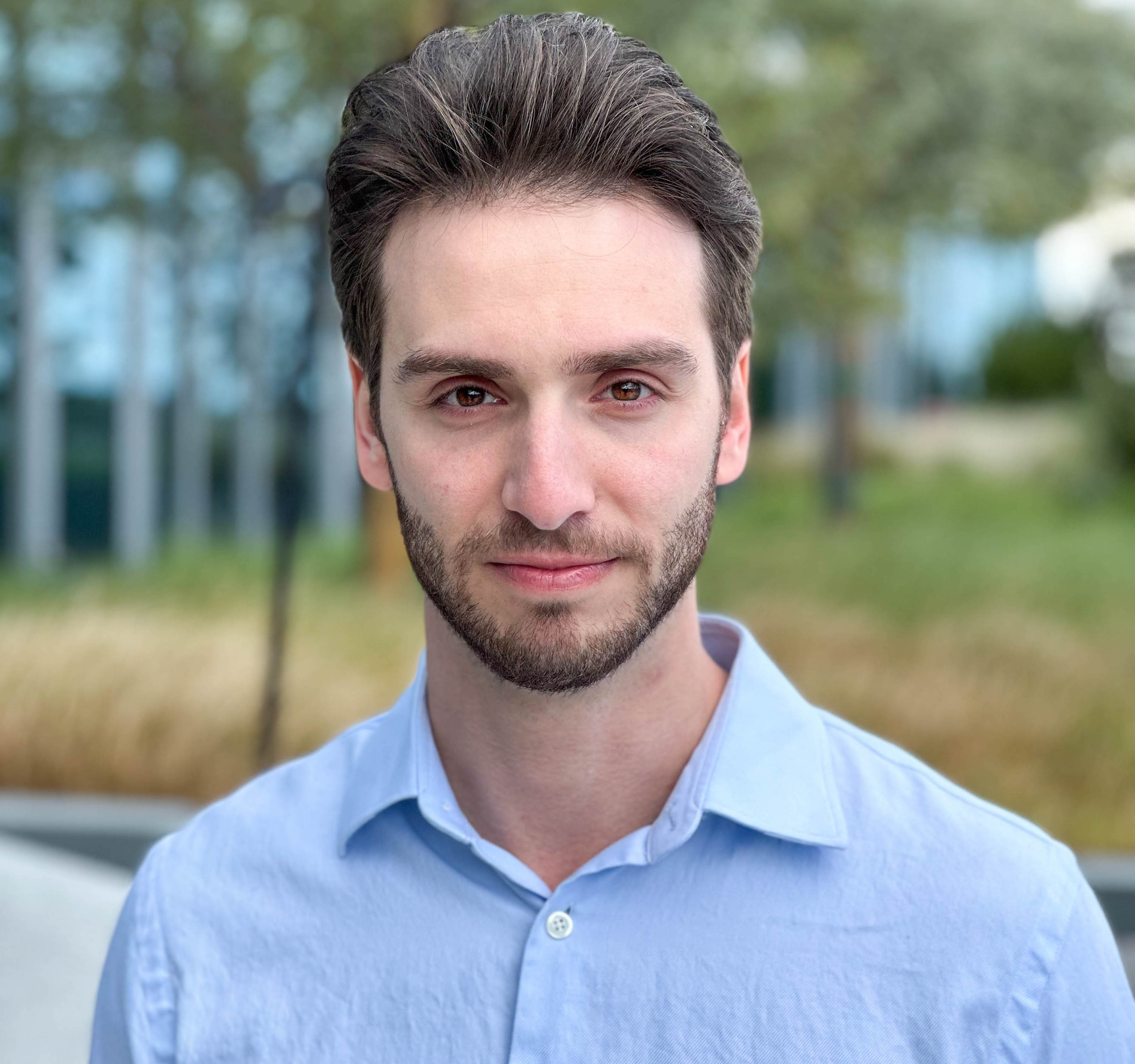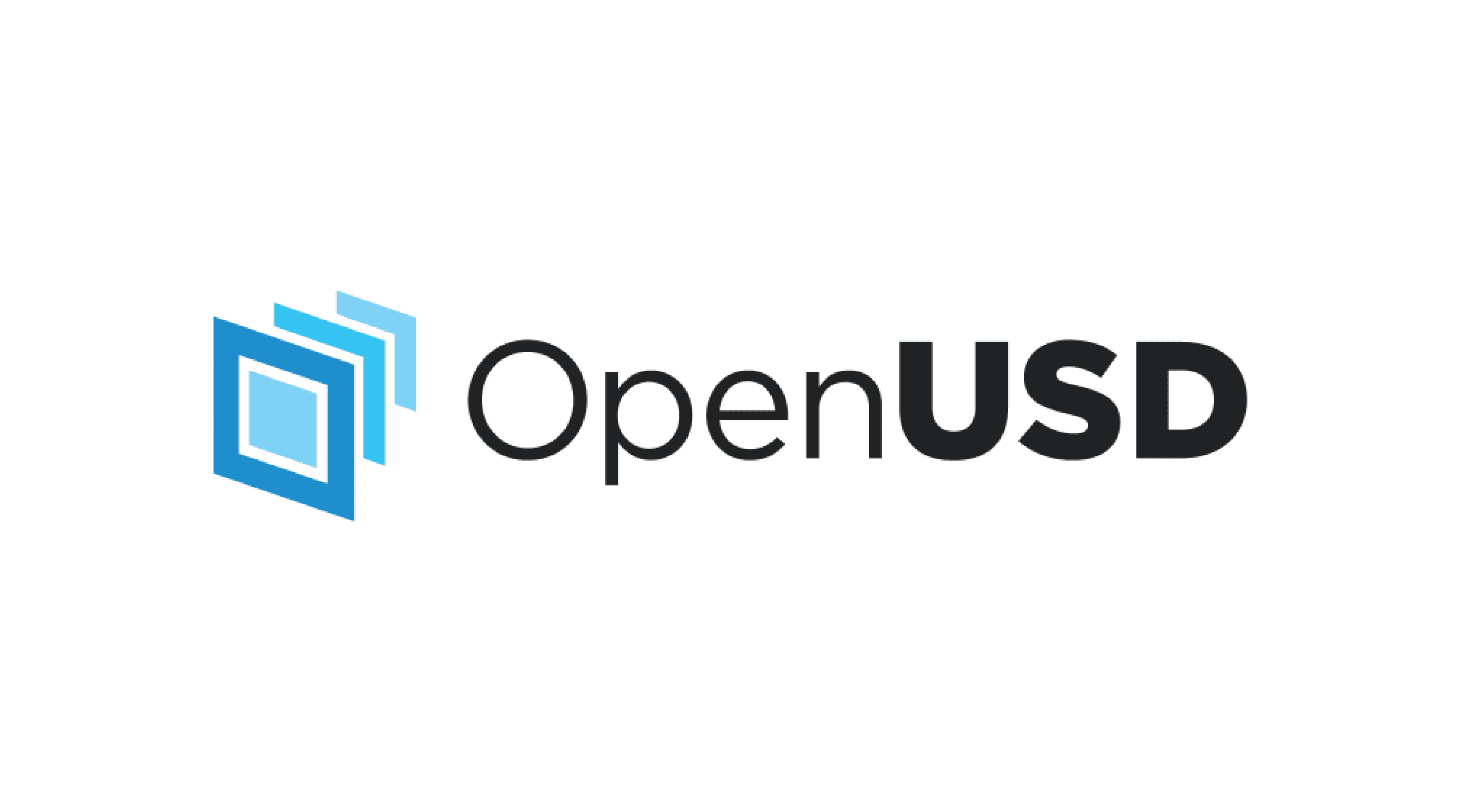

It was just yesterday where we looked at CloudNeRF from Google, which allows people to train CamP and Zip-NeRF in the cloud. In the closing sentence, I speculated on the addition of a SMERF viewer, since SMERF uses Zip-NeRF.
It was mainly a pipedream, a fantasy of how cool it would be to fly through some of the state of the art reconstructions.
But ask and you shall receive. Less than twenty four hours later, Google has released SMERF.
SMERF, or Streamable Memory Efficient Radiance Fields was originally announced late last year from Google Research, to great excitement. We explored SMERF and how it functions shortly after its announcement.
SMERF attracted a lot attention when it was announced late last year, due in part to its high fidelity but also its ability to be used across a gamut of devices ranging from smartphones, to powerful workstations.
It also is one of the papers that I get asked the most about when it will be released. It's now available, with the exception of the Zip-NeRF checkpoints, which you will need to use CloudNeRF to generate. It's a good thing there just happens to be a tutorial on how to do so! What's even more exciting is that you can host SMERF locally, meaning that you won't incur any cost to view captures.
There is a way to train Zip-NeRF through Nerfstudio, but there's no word yet whether or not the third party implementation would be compatible with SMERF. If you attended my event at GTC this year, we also had demos of SMERF running, but now everyone has the ability to run it. There are still demos hosted through their project page.
The installation instructions can be found on the SMERF Github and it appears to be pretty straightforward.







